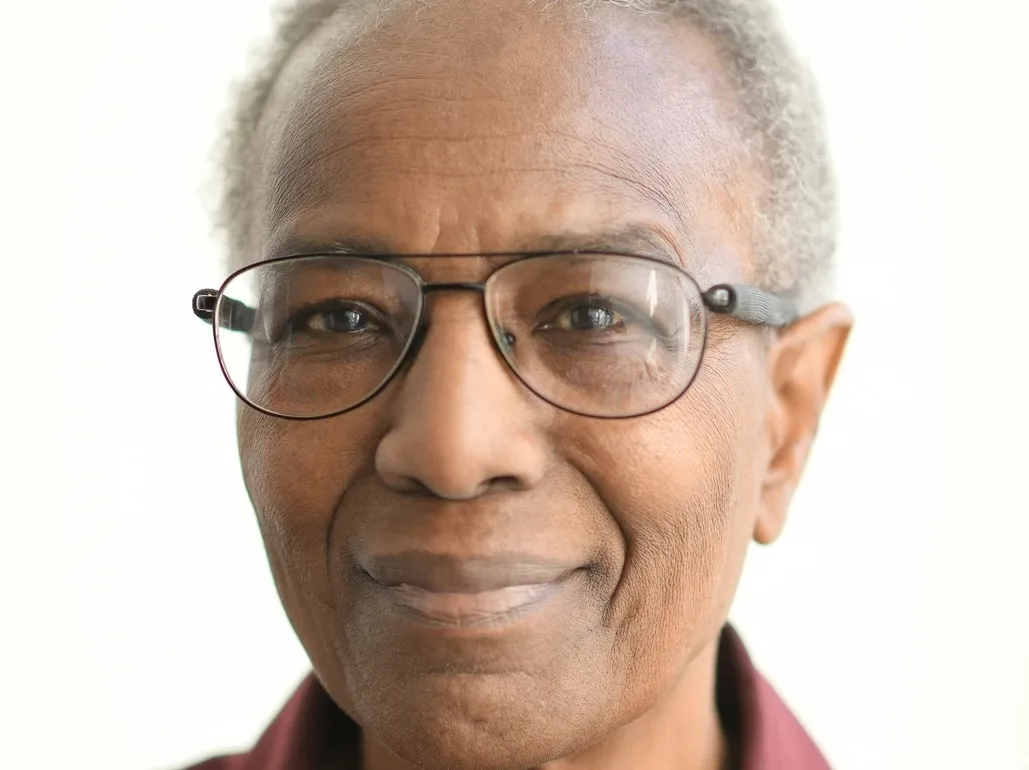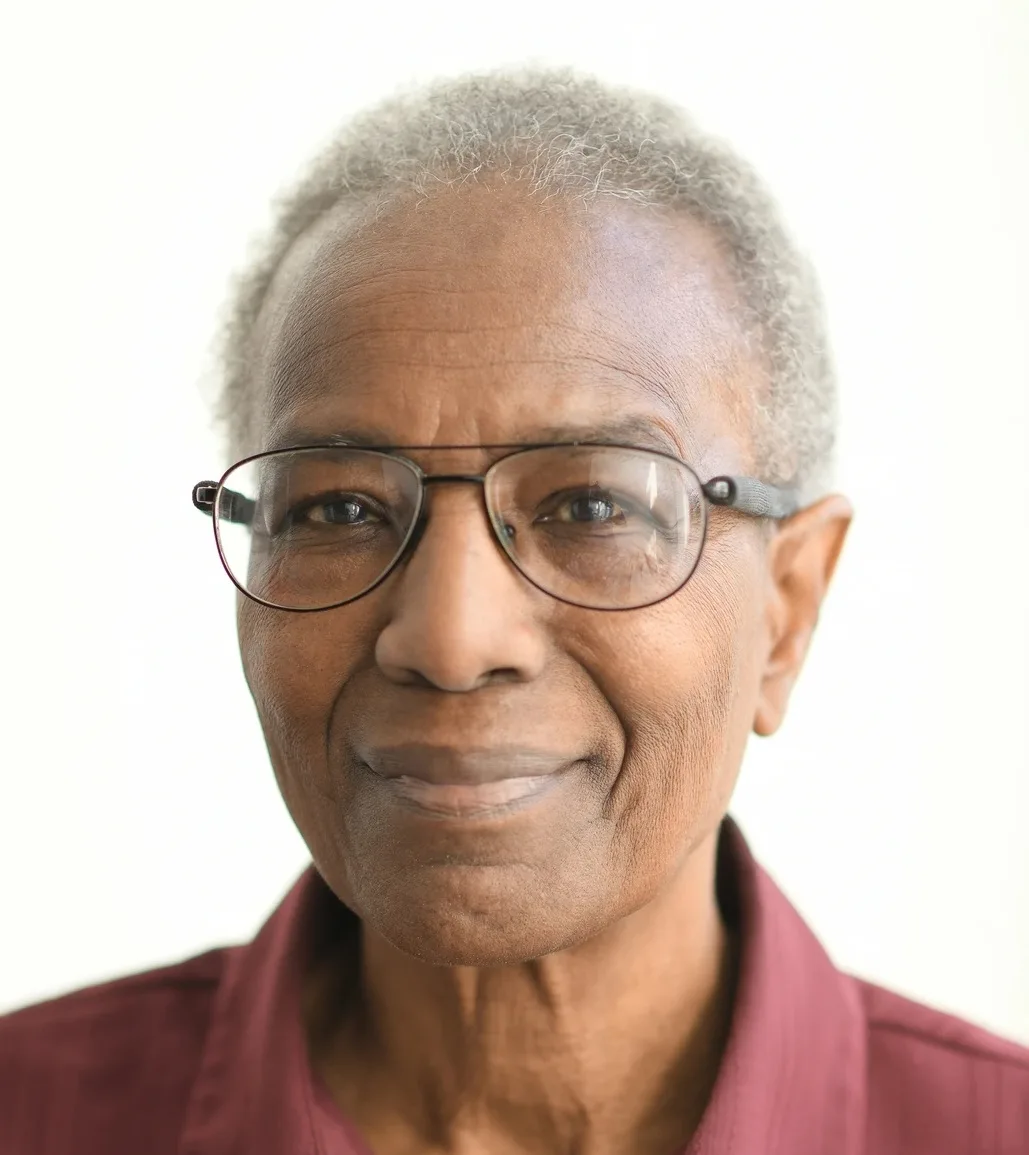Oct 26, 2023
When Linda Leaks organized tenants in low-income District of Columbia neighborhoods to fight eviction, she helped them gain more than home ownership. In combatting gentrification and the community displacement of the ‘80s and ‘90s, she empowered people to recognize the collective power of the cooperative business model.
Through Leaks’s advocacy, tenants in her community were able to buy the building from their landlord, operate the cooperative at a cost, and make decisions about the operations and maintenance of the building democratically with each member getting an equal say. Today, the cooperatives she helped organize still exist, among them being the first cooperative organized by public housing tenants.
The Interagency Working Group for Cooperative Development, led by USDA Rural Business-Cooperative Service, met five times in 2023 to uncover how cooperatives operating across a variety of industries benefit local people and communities. For National Cooperative Month this October, the group invited Leaks and several other prominent leaders for a panel discussion.
“Linda did work to make sure that people could stay in these units, working with district government to pass legislation so tenants have the right of refusal so they can buy the apartment units themselves and turn them into cooperatives,” said Ajowa Nzinga Ifateyo, cooperative developer, journalist, and co-founder with Leaks of the Ella Jo Baker Intentional Community Cooperative for Community Activists in DC.
USDA Rural Business-Cooperative Services Administrator Dr. Karama Neal emphasized at the event how RD programs and services are available to cooperatives, including the Cooperative Services Branch which offers a slew of resources and technical assistance to rural communities interested in converting, starting, or sustaining a cooperative.
“Most cooperatives flourish when they have strong organizations focused on cooperative development,” said Dr. Gordon Nembhard, author of Collective Courage: A History of African American Cooperative Economic Thought and Practice, which highlights the important role cooperatives play in social justice for African American communities. Dr. Nembhard cited several examples throughout history where cooperatives were stood up to solve pressing community, food insecurity, housing, climate, and racial injustices.
Leaks understands the power of cooperatives more than many. Over the course of her 35-year career, she has helped provide more than 400 affordable housing units with the creation of over 30 cooperatives. This year, she is being inducted into the Cooperative Hall of Fame. But housing is just one area in which cooperatives can make a resounding impact. The event brought leaders working to empower more people to form cooperatives, including farming cooperatives and more.
The Interagency Working Group on Cooperative Development has held a series of meetings in 2023 focusing on how the creation of cooperatives in the housing, food, child care, and real estate investment sectors can build equitable ecosystems, wealth, opportunities, and skills. To learn more, visit the Interagency Working Group website.



